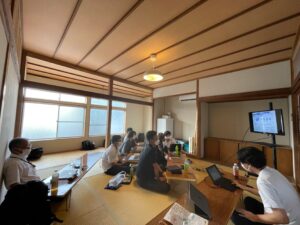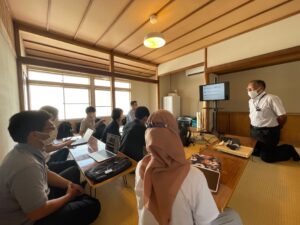For about a quarter of a century, machine learning methods have been widely applied to traffic problems, including rule-based and activity-based model building.
For about a quarter of a century, research has been widely conducted on the application of machine learning methods to traffic problems, including the construction of rule-based activity-based models. In recent years, there have been a number of studies that extend machine learning methods in a way that is consistent with traffic theory.
Recently, there have been a number of studies that extend machine learning methods in a way that is consistent with traffic theory. Such machine learning methods that are consistent with traffic theory
with traffic theory are superior not only in terms of theoretical validity, but also in terms of improving prediction accuracy.There have been several reports on machine learning methods that are consistent with traffic theory. In this workshop, we will discuss the academic and technical aspects of the transportation field, where the use of big data and passive data is becoming more and more widespread.
The study group will review the application and extension of machine learning methods in the field of transportation, taking into account the academic and practical situation in the field of transportation, where the use of big data and passive data is becoming more and more widespread.
The aim of this workshop is to organise the application and extension of machine learning methods in the field of transportation, where the use of big data and passive data is becoming more and more widespread.
8/29: Lecture
13:20-13:30 Explanation of the purpose of the study group meeting
13:30-14:30 Makoto Chikaraishi (Hiroshima University): Discrete Choice Models and Neural Networks
14:30-15:00 Break
15:00-16:00 Yu Fujiwara and Goki Sato (Hiroshima University): Discrete Choice Models and Association Networks
16:00-17:00 Yoshinao Ishii (Toyota Central R&D Labs.): Entropy models and Tucker decomposition
8/30:
9:00-10:00 Keishi Fujiwara and Zafirah Binti Abdul Gani (Hiroshima University): Inverse reinforcement learning and recursive logit
10:00-11:00 Tetsuro Sakai and Motoki Takai (Hiroshima University): Road Network Reliability Evaluation and Surrogacy Model
11:00-11:30 Lecture: Takashi Maeoka (Kyushu Regional Police Bureau, National Police Agency): Infrastructure Longevity in Islands Area and Application of Big Data in Police

